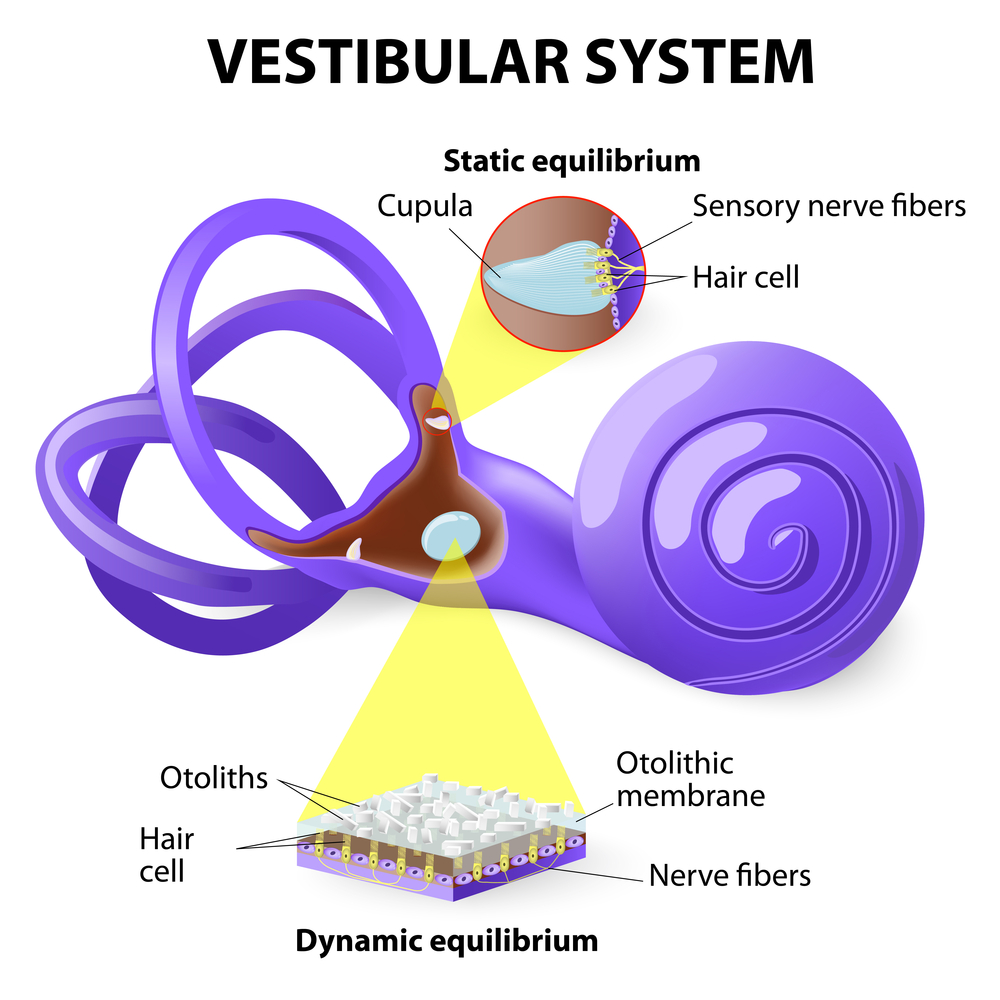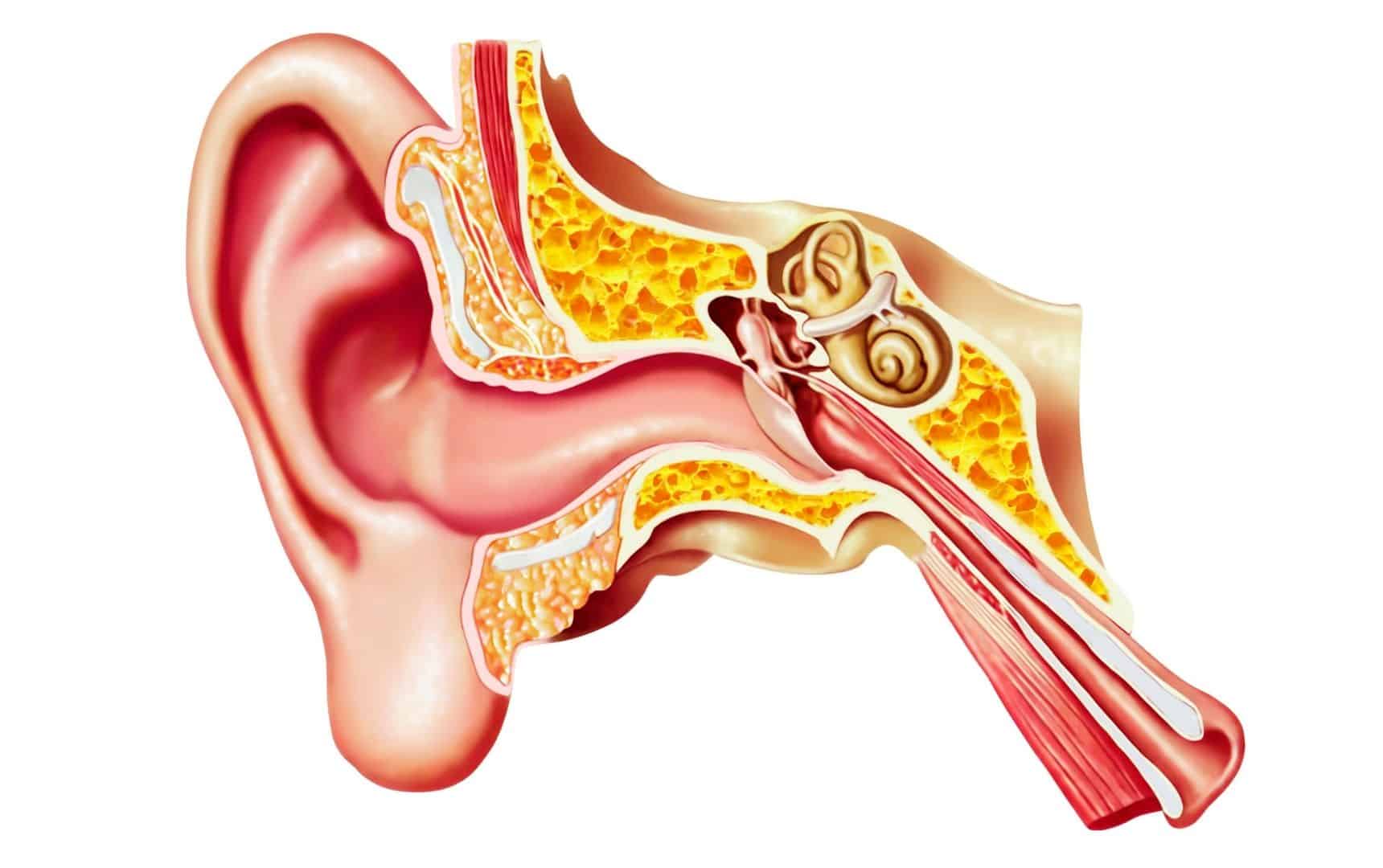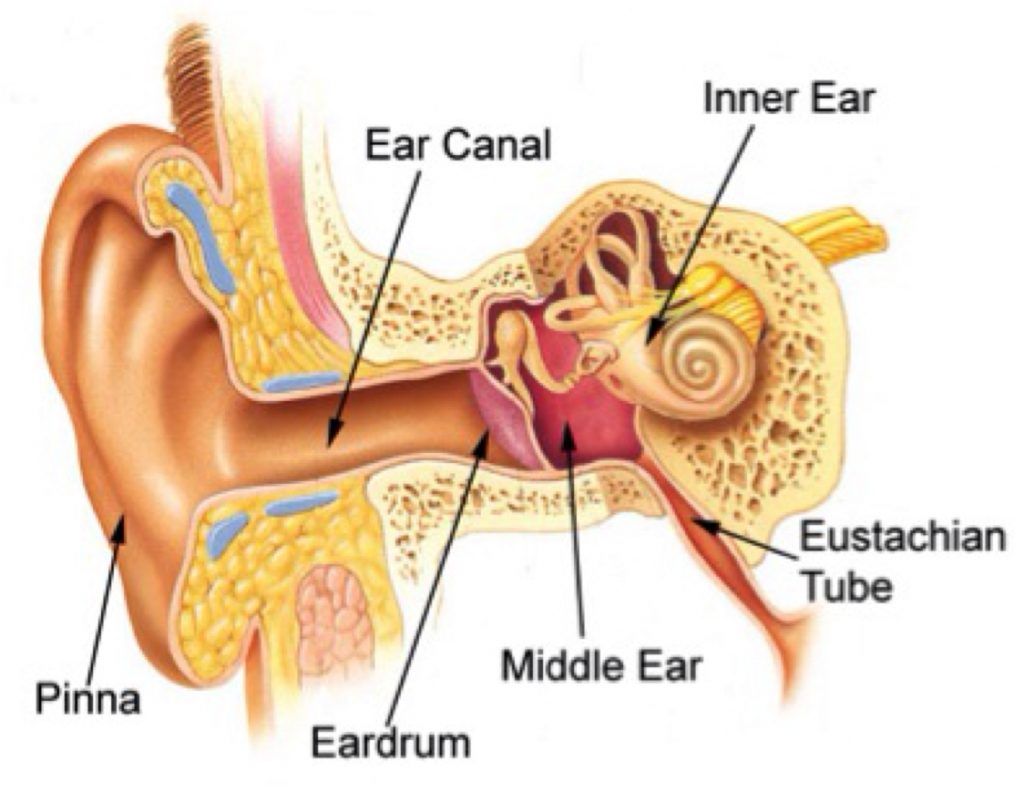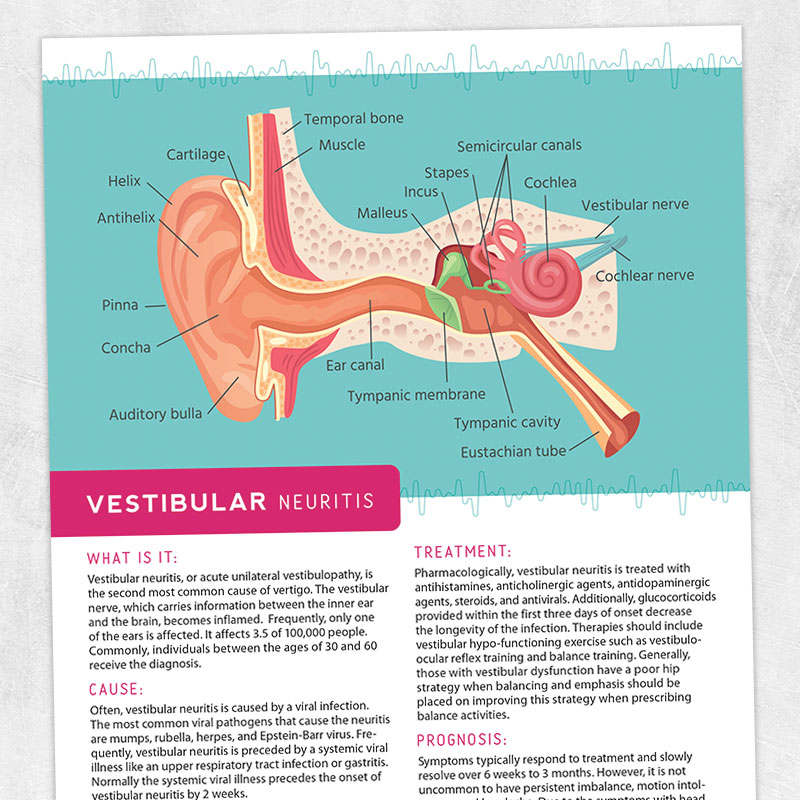
Acute Vestibular Neuritis Visualized by 3T Resonance Imaging With HighDose Gadolinium
Vestibular neuritis (VN) is the idiopathic inflammation of the vestibular nerve. Although the etiology is unclear, it is thought to be viral in origin because it commonly occurs after upper airway infections. The disorder manifests as acute vestibular syndrome with persistent, acute-onset vertigo, nausea and vomiting, and gait instability in otherwise healthy patients.

Vestibular Neuritis Symptoms, Causes & Physical Therapy Management
Vestibular neuritis is a condition that causes vertigo and dizziness. It results from inflammation of your vestibular nerve, a nerve in the ear that sends information to your brain about balance.

(PDF) Imaging features of bilateral vestibular neuritis
Vestibular neuritis is an inner ear disorder that causes symptoms such as sudden, severe vertigo, dizziness, balance problems, nausea and vomiting. Experts believe that viral infections cause vestibular neuritis. Treatment typically involves managing symptoms or taking antiviral medications.

Vestibular neuritis / Neuritis vestibularis [Essential medicine] YouTube
Vestibular neuritis is the second most common cause of peripheral vestibular vertigo (the first being benign paroxysmal positional vertigo). It accounts for 7 percent of the patients who present.

Clinical features of superior vestibular neuritis. ( A ) A patient with... Download Scientific
Introduction Vestibular neuritis, also known by the name vestibular neuronitis, is thought to be caused by inflammation of the vestibular portion of the eighth cranial nerve and classically presents with vertigo, nausea, and gait imbalance. It is believed to be associated with preceding or accompanying viral infection.

Acute Vestibular Neuritis Visualized by 3T Resonance Imaging With HighDose Gadolinium
Vestibular neuritis. The VN pharmacological management is aimed to reduce symptoms and inflammation in the acute phase. In fact, most people undergo complete resolution, but imbalance may last for weeks ( 11, 32, 33 ). Vestibular suppressants and antiemetics are useful for short intervals of time.

Vestibular Neuritis Dr. John Bergman
A common feature of vestibular neuritis is selective damage to the superior part of the vestibular labyrinth (horizontal and anterior semicircular canals and utricle) supplied by the superior.

Medical illustration shows the infection and inflammation of the nerves of the inner ear, called
Vestibular neuritis is also known as vestibular neuronitis, labyrinthitis, neurolabyrinthitis, and acute peripheral vestibulopathy [ 1 ]. A group of leading international experts has proposed the term "acute unilateral vestibulopathy" (AUVP) as the preferred name for this condition [ 2 ]. It is a self-limited disorder, and most patients recover.

What is Vestibular Neuritis and How To Treat It
Summary Vestibular neuritis happens when the vestibular nerve, which sends signals from the ear to the brain, becomes inflamed or irritated. Symptoms include vertigo and nausea Doctors and.

Tratamiento de la Neuritis Vestibular Todo lo que debes saber
Formulary Recommended Vestibular neuronitis may be described as acute, sustained dysfunction of the peripheral vestibular system with secondary nausea, vomiting, and vertigo. As this condition.

Laberintitis. Neuritis vestibular. Inflamación del oído interno y del virus que causó esta
The cause of vestibular neuritis remains unclear. However, a viral infection of the vestibular nerve or ischemia of the anterior vestibular artery is known to cause vestibular neuritis. In addition, recent studies on immune-mediated mechanisms as the cause of vestibular neuritis have been reported.

Vestibular Neuritis Adult and pediatric printable resources for speech and occupational therapists
Vestibular neuronitis may be described as acute, sustained dysfunction of the peripheral vestibular system with secondary nausea, vomiting, and vertigo. As this condition is not clearly.

Vestibular Neuritis Pillars of Wellness Burlington
Vestibular neuritis, also referred to as vestibular neuronitis, may be described as acute, sustained dysfunction of the peripheral vestibular system with secondary nausea, vomiting, and.

Vestibular Neuritis Endoscopic & Minimally Invasive Ear Surgery Institute
3.1. Diagnostic criteria for "Acute Unilateral Vestibulopathy". Each of the following criteria have to be fulfilled: A) Acute or subacute onset 1 of sustained 2 spinning or non-spinning vertigo 3 (i.e., an acute vestibular syndrome) of moderate to severe intensity 4 with symptoms lasting for at least 24 hours 5,6.

Acute Vestibular Neuritis Visualized by 3T Resonance Imaging With HighDose Gadolinium
Vestibular neuronitis may be described as acute, sustained dysfunction of the peripheral vestibular system with secondary nausea, vomiting, and vertigo. As this condition is not clearly inflammatory in nature, neurologists often refer to it as vestibular neuropathy.

Vestibular Neuritis Diagnosis, Treatment and Prognosis PMC Physiotherapy Dunboyne
Vestibular neuritis, also known as vestibular neuronitis, is the third most common peripheral vestibular disorder after benign paroxysmal positional vertigo and Ménière disease. The cause of vestibular neuritis remains unclear.